As blockchain becomes a part of our daily life, schools are not left out in adopting the technology and have also started teaching courses related to the field. This article provides some schools that teach crypto and blockchain-related courses.

Universities have been helping with blockchain-related research for quite some time, and now, some world-class universities have added technology to their curriculum.
In 2021, the value of digital assets increased dramatically. The overall market capitalization of cryptocurrencies has surpassed $3 trillion, prompting more people, governments, and colleges to examine the asset class more closely.
The presence of cryptocurrency in the world’s major economies has generated a huge opportunity for various cryptocurrency firms, resulting in great demand for digital assets. Among other things, this newly formed market has aided in developing greater employment and educational opportunities.
List of schools that teach blockchain-related courses in their curriculum
Some of the schools that offer courses related to blockchain and crypto include:
- Massachusetts Institute of Technology (MIT)
- Harvard University
- Oxford University
- Cornell University
- University of California, Berkeley
- National University of Singapore
- London School of Economics
- Princeton University
- Stanford University
- University of Alcalá
- University of Hong Kong
- York University
- University of Nicosia
Massachusetts Institute of Technology (MIT)
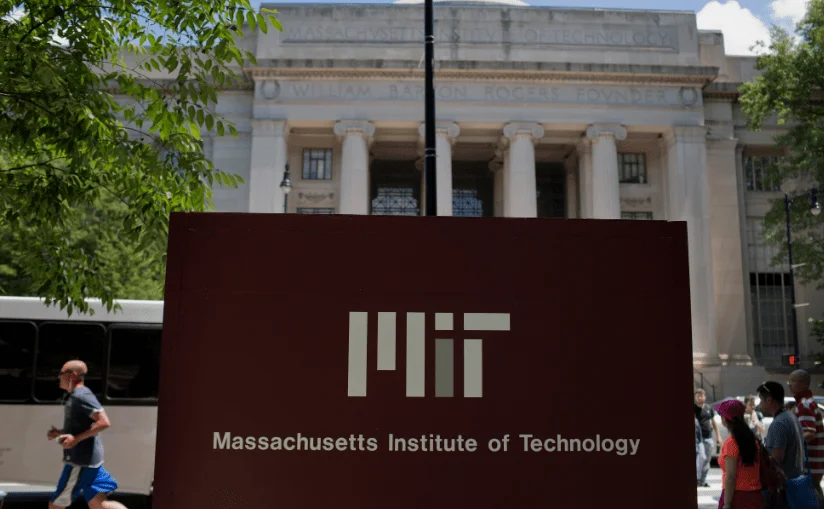
Few universities compare to the Massachusetts Institute of Technology when it comes to research (MIT). MIT is second only to Harvard University regarding revolutionary research and a competitive academic curriculum. Without question, the university is the most advanced in terms of blockchain technology, with a research-driven approach to the decentralized ecosystem.
The university has a strong academic team, including current US Securities and Exchange Commission Chair Gary Gensler, who teaches a blockchain course there. The MIT Bitcoin Club, one of the oldest Bitcoin (BTC) groups on campus, acts as the epicenter of blockchain discussions at the university.
In 2014, the university famously launched the MIT Digital Currency Experiment, in which students were given Bitcoin to encourage cryptocurrency acceptance. The institution has launched a peer-reviewed magazine on Blockchain technology to track scholars’ rising interest in the topic.
- Blockchain Ethics: The Impact and Ethics of Cryptocurrency and Blockchain Technology
- B Digital Frontier: Emerging Blockchain Havens
- Shared Public Ledgers: Cryptocurrencies, Blockchains, and Other Marvels
Harvard University

Harvard is one of the oldest institutions in the United States and is considered one of the world’s most prominent universities. The Ivy League college, founded in 1636, has produced eight US presidents, fourteen Turing Award winners, and multiple Nobel laureates.
Harvard has introduced blockchain education to its curriculum in keeping with its values of quality and innovation. The institution has partnered with Coursera to offer six free cryptocurrency courses that cover everything from the fundamentals to intermediate levels.
The marriage of AI and blockchain technology is explored across numerous industries in an online introductory course titled “Breakthrough Innovation with Blockchain Technology.”
With over 200 members, Harvard also has a flourishing blockchain student network. Students can construct and scale their Bitcoin projects thanks to weekly “Crypto 101” seminars and the availability of an incubator on campus.
Oxford University

Oxford University is the second-oldest university in the world, and it holds the record for being the second-oldest university in the world. The English university is distinguished from its peers by having the largest university press and academic library system.
Because of its extensive research center, Oxford is one of Europe’s major learning centers for blockchain technology. The Oxford-Hainan Blockchain Research Institute has made great gains, and the blockchain research center has published intriguing blockchain essays.
The university’s business hub, Oxford Foundry, has formed an innovative relationship with Ripple to help spread blockchain technology. The Oxford Blockchain Society, a lively student-run community at the university, competes favorably with its peers at other schools. The institution features one of the most extensive blockchain learning programs. The following are some of the best courses:
- Blockchain Software Engineering
- Blockchain For Managers
- Oxford Blockchain Strategy Program
Cornell University
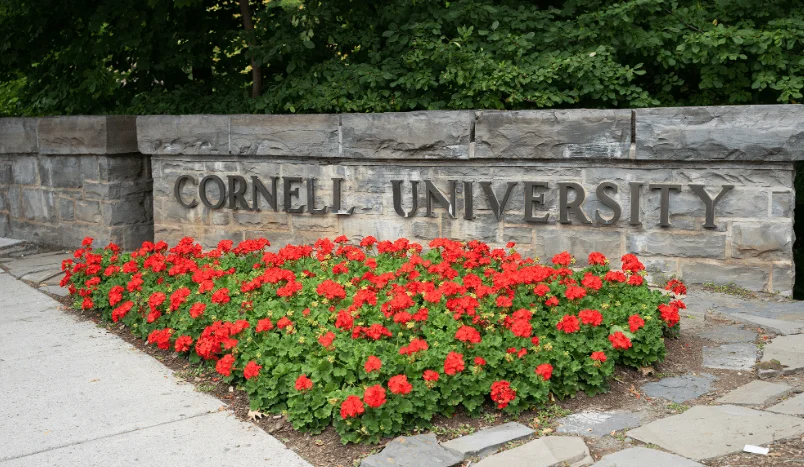
Cornell University was established in 1865 and has become one of the world’s leading research universities. With an average of over $500 million invested yearly in research and development, it’s clear why the institution is among the top five schools with graduates seeking their PhDs.
The university has a distinguished alumni list that includes 33 Rhodes Scholars, ten Fortune 500 CEOs, and 35 billionaires. Cornell University also provides blockchain-related undergraduate and postgraduate courses. The academic team is impressive, including people like Emin Gun Sirer, who has presented many papers at blockchain conferences since 2014.
With the support of the Cornell Blockchain Club, students from the institution have landed jobs with renowned blockchain companies such as Coinbase and ConsenSys. The club, operated by students, has published noteworthy papers on blockchain technology. It is well-known for hosting its annual conference, which featured an amazing roster of speakers from the Bitcoin community. The university offers the following courses:
- Cryptocurrencies and Ledgers
- Applications of Blockchain Technology
- Introductions to Blockchains, Cryptocurrencies, and Smart Contracts
- Cryptography Essentials
University of California, Berkeley

The University of California, Berkeley, founded in 1868, is a major institution for blockchain enthusiasts. Thousands of students benefit from the university’s variety, reflected in its fourteen colleges and over 350 degree programs.
One of the main reasons for the university’s inclusion on the list is that it has one of the longest records of blockchain research. The Berkeley Haas Blockchain Initiative, mostly sponsored by Ripple Labs, drives blockchain research. Students can apply for research scholarships to delve deeper into the uses of the nascent technology, with particular progress in the area of stablecoins.
Through the online education portal edX, the institution also offers a “Blockchain Fundamentals Professional Certificate Program.” In terms of coursework, the University of California, Berkeley provides students with a comprehensive blockchain program that includes:
- Lattices: Algorithms, Complexity, and Cryptography
- Blockchain, Cryptoeconomics, and the Future of Technology, Business, and Law
- Blockchain Fundamentals
National University of Singapore
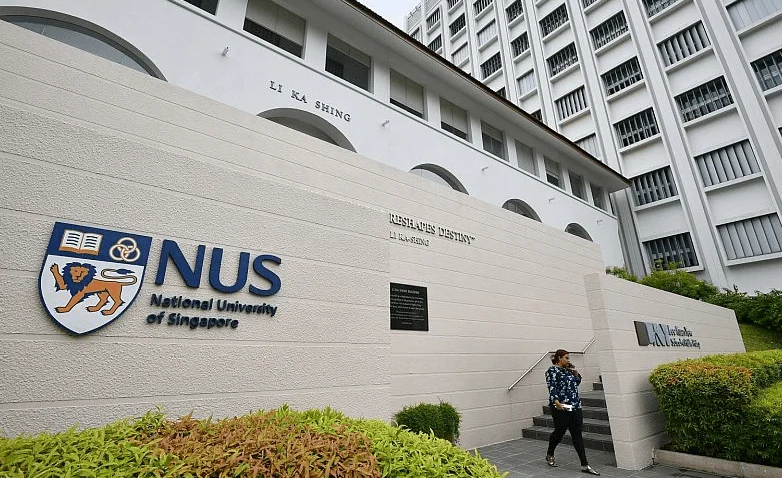
Singapore is one of Southeast Asia’s main cryptocurrency centers, with the National University of Singapore (NUS) at the forefront of cryptocurrency usage. The university was established in 1905, and its commitment to innovative research has continuously placed it among the continent’s top universities.
The university’s blockchain program is heavily focused on research and entrepreneurship, with excellent writings on using blockchain for decentralized computing and improving distributed consensus and smart contracts being published. NUS has a comprehensive blockchain program that covers a wide range of topics and levels, from novices to CEOs and mid-level managers.
The institution offers undergraduate and postgraduate cryptography courses and active student-led crypto groups. Students can also learn from their peers and publish essays on the use and future of blockchain technologies through these crypto clubs.
- Enterprise Blockchain And DLT for Executives
- Blockchain, Digital Currencies, And Distributed Ledgers Start From Here
London School of Economics
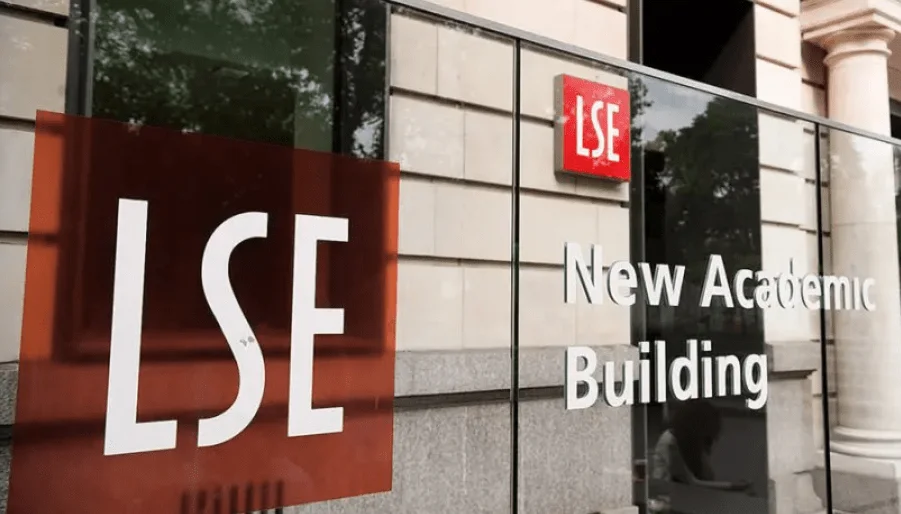
Founded in 1895, the London School of Economics is a public research university in London, England. It is a constituent college of the Federal University of London.
The LSE claims to be known for its motto, “understand the causes of things,” and is also the alma mater of 36 “global leaders” and 18 Nobel Prize laureates.
Since August 2018, the London School of Economics (LSE) has been offering an online course on cryptocurrency investing. Students will acquire “practical skills to interface with cryptocurrency exchanges,” such as how to utilize cryptocurrency wallets, as well as “analyze the analytics” of initial coin offerings in the course “Cryptocurrency Investment and Disruption” (ICOs).
The institution hopes that by offering the course, it would be able to assist “global private organizations, individual investors, financial service firms, governments,” and “regulatory agencies” in understanding the “very disruptive trend” of crypto.
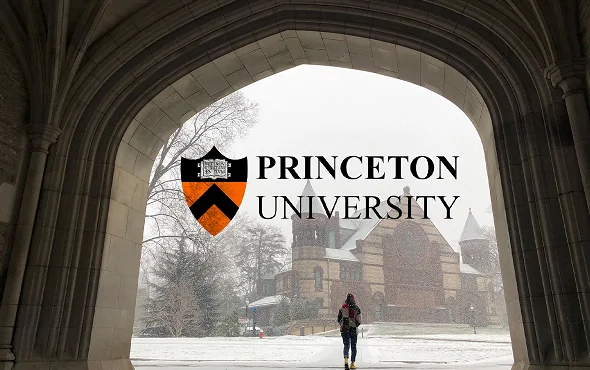
Princeton University is a private Ivy League research university in Princeton, New Jersey, offering a course in Bitcoin and Cryptocurrency Technologies.
The College of New Jersey was founded in 1746 in Elizabeth and became a university in 1896 when it was renamed Princeton University. Princeton is consistently regarded as one of the world’s top and most respected colleges.
Princeton started offering a free version of its blockchain course on Coursera in 2015, a platform where academics from renowned universities post online copies of their most popular programs.
The course description states, “After this course, you’ll have everything you need to differentiate reality from fiction when reading statements about Bitcoin and other cryptocurrencies.”
Stanford University

Stanford University is a private research university located near Palo Alto, California, in the census-designated town of Stanford.
Stanford alumni have started several businesses that generate more than $2.7 trillion in yearly revenue and employ 5.4 million people as of 2011, about equivalent to the world’s seventh-largest economy (as of 2020). Stanford University has produced one US president (Herbert Hoover), 74 living billionaires, and 17 astronauts.
The Center for Blockchain Research (CBR) at the university is a dedicated research effort focusing on cryptocurrencies and blockchain technologies. The center aims to help the ecosystem thrive by producing innovative technologies to progress the field. The following courses are available at the school:
- CS251: Cryptocurrencies and blockchain technologies.
- CS255: Cryptography.
- EE374: Scaling blockchains.
University of Alcalá

Universidad de Alcalá is a public university in Alcalá de Henares, Madrid, Spain. It is a Unesco world heritage site and one of Europe’s oldest universities, founded in 1293.
A course titled “Master in Ethereum, Blockchain Technology, and Crypto-Economics” is available at the institution. According to the school’s website, the course is aimed at “professionals, students, or individuals interested in learning about blockchain-based innovations from an integrative perspective of technical, economic, social, and legal elements.”
“The study’s goal is to provide thorough training in blockchain technology, DAOs, and smart contracts, including cryptocurrencies as a particular and transversal case, from a triple perspective: technological, economic-financial, and regulatory.”
University of Hong Kong

HKU’s “Executive Certificate in Applications of Blockchain in Financial Technology” allows industry professionals to spend one to two months learning about the role that blockchain is beginning to play in the financial world.
The course’s instructors come from the top echelons of Hong Kong’s fintech industry. Outside of the university, Hong Kong has a long and illustrious history in the field of blockchain and cryptocurrency.
Tether, the world’s largest stablecoin, was developed there, as was the crypto derivatives exchange FTX Trading, to mention a few. Hong Kong’s banking policies have also proved favorable to cryptocurrency.
Introduction to FinTech, FinTech Ethics & Risks, Blockchain & FinTech Applications, and a FinTech certification course are all available at the school.
York University

York University, usually known as YorkU or just YU, is a public research university in Toronto, Ontario, Canada, founded in 1959. The school provides certification courses in the following:
- Full-Stack Blockchain Developer
- Certificate in Blockchain Development
- Post-Graduate Certificate in Back-End and Blockchain Development
University of Nicosia

The University of Nicosia is a Cyprus-based university that offers courses in Security Token Strategy, Blockchain Regulatory Academy, Blockchain Law, Applied Forecasting, and Introduction to Digital Currencies.
The school also offers certification courses in Blockchain Financial Analyst, Blockchain Business Analyst, and Blockchain Developer Certification, as well as MS in Computer Science and Digital Currency degree plans.
Conclusion
Based on our research, the above-named schools are some of your ‘go-to’ if you are considering taking a crypto and blockchain technology course. For more information, visit the website of your preferred school.
